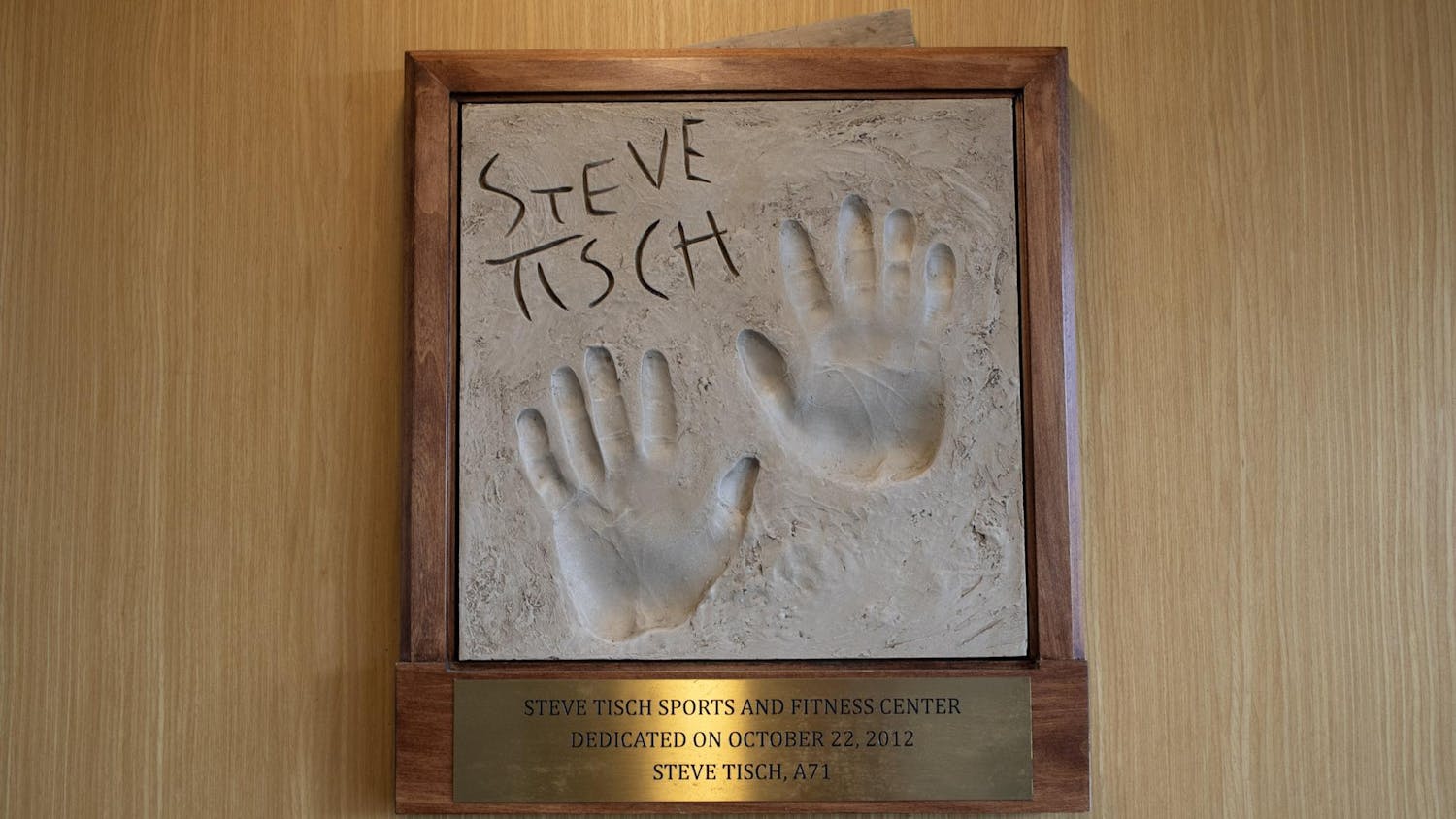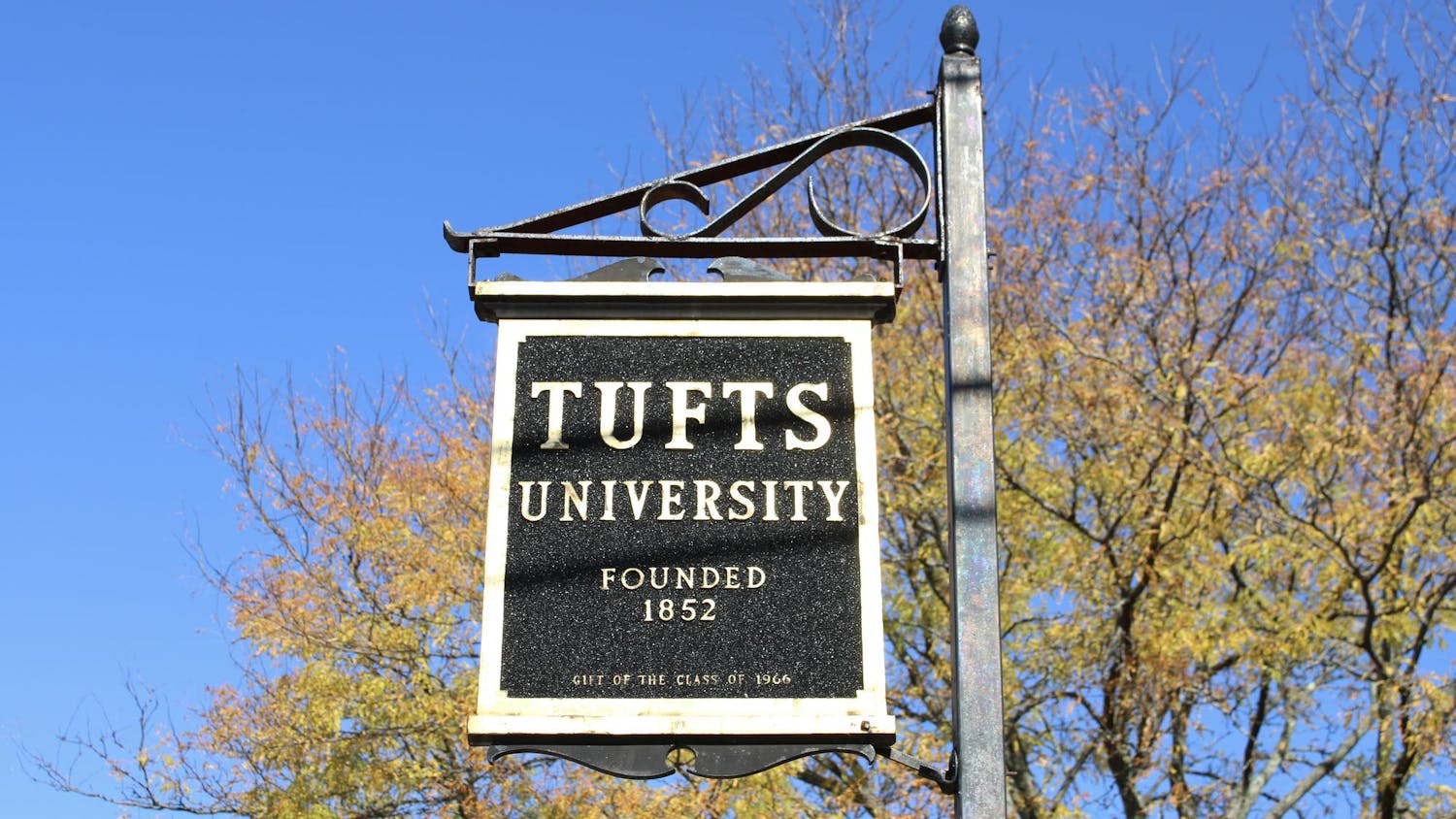One of the most enigmatic and troublesome failures of our modern socioeconomic system lies within our impractical food network. Food waste has been dubbed “the world’s dumbest environmental problem,” and for good reason. While 40% of the food supply in America goes to waste, over 38 million people in the United States experience food insecurity. Globally, 1.3 billion tons of food go to waste every year, which accounts for about a third of total food produced. When we talk about hunger in our country and in our world, it’s clear that these problems don’t arise from a deficiency in food production systems. So what is the cause of these harrowing statistics?
Often, it comes down to human error and general lack of consideration. Estimates of the Food Loss Index state that around 14% of food is lost between the harvest and retail stages of the process. Additionally, greed for profit presents a supplementary problem; large corporations are responsible for an estimated 25 million tons of food waste each year, equivalent to about 40% of total food waste throughout the United States by weight. However, we cannot place blame entirely on corporate America — an additional 43% of food waste is generated by consumers. We are guilty of purchasing more food than we can possibly eat in addition to making poor judgment calls. Many of us are taught to pick the freshest berries, the shiniest apples, the ripest bananas and to stay away from approaching expiration dates, bruised potatoes and cartons containing mold. We want our produce to be as perfect as we envision our lives to be. But what’s so perfect about throwing away an entire package of spinach?
Why is it so important to reduce food waste? If you’re not motivated by the 38 million starving people just in America, perhaps some climate-related statistics would be more provocative. Food waste in landfills doesn’t disappear overnight. A simple head of lettuce, for example, can take 25 years to decompose when buried in a landfill. This elongated decomposition process emits greenhouse gasses when that lettuce could have been ingested in five minutes or decomposed in a compost pile in a matter of months. According to the Food and Agriculture Organization of the United Nations, “If food wastage were a country, it would be the third largest emitting country in the world.” Strikingly, the FAO adds that “the land devoted to producing wasted food would be the second-largest country in the world.” The embedded cost of food waste ranges from monetary to economic, social, environmental and moral. For example, take the environmental cost of beef — there are costs associated with breeding, raising, feeding, slaughtering, skinning, preparing, selling and eventually cooking beef, just to have it go bad and be thrown away. Not only does that waste money, but this cost is also shared by loss of labor, food and water, not to mention the loss of animal life. So as food in landfills emits methane over decades, we must also take into account the “large emissions of greenhouse gasses … [from] wasteful use of resources such as water, cropland, fertilisers or fossil fuels,” according to a study conducted in 2016.
Fortunately, it’s not all doom and gloom. While the deeply rooted issues surrounding food waste have an incredibly substantial impact on our world, plenty of room remains for opportunity and growth. Entrepreneurs, innovative chefs and environmental activists around the globe have offered numerous paths forward. The film Wasted: The Story of Food Waste highlights various chefs and trailblazers who have dedicated their work to reducing food waste, from wholesalers who purchase “ugly” or damaged produce to restaurateurs who cook with food commonly dubbed inedible to humans, such as an entire fish carcass being turned into soup. When food is truly no longer edible, it can be diverted from landfills by using it as ecofeed, a type of feed for animals and livestock generated from recycled human food waste. Ninety percent of wasted food ends up in landfills, when it could have been happily ingested if not by humans then by animals. With all of these other options, according to Wasted, compost should be viewed only as a last resort.
While Wasted presents optimistic large-scale solutions, it’s also important to consider individual ways to reduce waste. Simple mental resets can invoke vast differences in our impact, such as planning meals thoroughly prior to going to the grocery store and recognizing the flexibility of many expiration dates. Shopping small, seasonally and locally are great rules of thumb when planning your next grocery trip. Consider making a weekly trip to the farmer’s market, where you can accomplish not only all of the aforementioned goals but also support regional farms and promote sustainable amplifiers of local economies.
If activism is more up your alley, there are plenty of local organizations to support and join. Right on campus is the Tufts Food Rescue Collaborative (TFRC), an initiative drawing from Tufts students, dining workers, the Environmental Studies program and the Leonard Carmichael Society in conjunction with the Somerville Homeless Coalition and Food For Free. Students can get involved with TFRC by volunteering to drive food from grocery stores to nearby donation centers or collecting leftover prepared food from on-campus dining halls and repurposing it into ready-to-eat meals for local populations struggling with food insecurity. Just this one initiative can make a large difference; in the fall of 2020, the van rescue team rescued approximately 4,500 pounds of food that was on its way to the landfill.
Other local organizations to look into include Food Link MA, an Arlington-based organization dedicated to collecting food from community partners and donors and distributing to local groups in need, such as food pantries and at-risk youth programs; Boston Area Gleaners, whose volunteers help collect surplus crops directly from farms to be distributed to various nearby food programs; and the Daily Table, a grocery store selling discounted and recovered healthy food with locations in Cambridge, Dorchester, and Roxbury.
While food waste may be the world’s dumbest environmental problem, the plethora of solutions and opportunities available indicate that this need not be the case. With a bit of mindfulness, access to proper food education and holding corporations responsible, we can make the world a less hungry and wasteful place.





